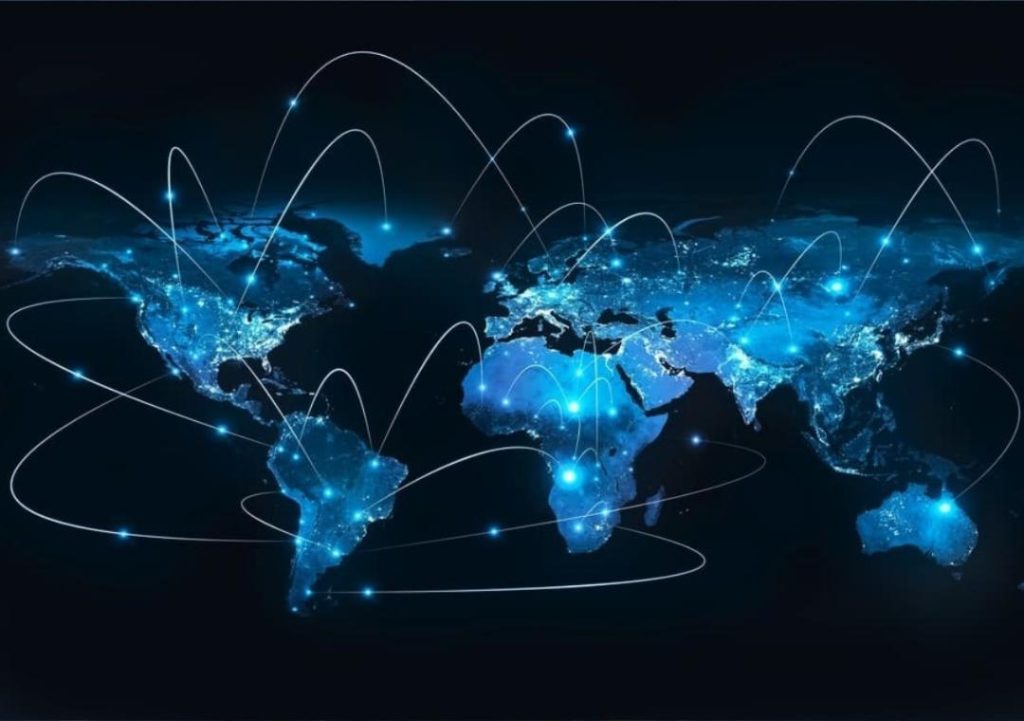
Web3 is a Trust Revolution in Disguise
The internet has undergone numerous transformations since its inception, from static websites to dynamic web applications, and now, to decentralized, user-owned networks. Web3, a term coined to describe this new paradigm, is not just a technological advancement; it’s a movement that’s fundamentally rewiring the internet. At its core, Web3 is about replacing centralized platforms with decentralized alternatives, empowering users to take control of their digital identities, and reshaping how trust is built and value is shared.
The Web3 revolution is being driven by innovative startups that are leveraging blockchain technology, artificial intelligence, and other cutting-edge technologies to create decentralized, permissionless networks. These networks are designed to be transparent, secure, and community-driven, enabling users to participate in decision-making processes and earn rewards for their contributions.
One of the key applications of Web3 is Non-Fungible Tokens (NFTs). NFTs are unique digital assets that are stored on a blockchain, making them verifiable and scarce. They’re being used to create new economic models for creators, allowing them to monetize their work directly with fans and enthusiasts. For example, artists can create NFTs of their art, music, or other digital creations, and sell them to collectors, while also giving them a way to prove ownership and authenticity.
NFTs are not just limited to the art world. They’re also being used in gaming, virtual events, and even social media. For instance, the popular game “Axie Infinity” uses NFTs to represent digital pets, allowing players to buy, sell, and trade them. Similarly, NFTs are being used to create digital collectibles, such as virtual trading cards, and even digital event tickets.
Another significant application of Web3 is Decentralized Autonomous Organizations (DAOs). DAOs are decentralized, community-driven organizations that operate on a blockchain, making them transparent, secure, and decision-making-driven. They’re being used to create new forms of governance, allowing members to vote on decisions, and earn rewards for their contributions.
DAOs are being used in various industries, including finance, healthcare, and social justice. For instance, the DAO-based startup ” DAOstack” is creating a decentralized governance platform for the healthcare industry, allowing patients and healthcare providers to make decisions about medical research and treatment.
Decentralized Identity and Data Ownership
Web3 is also about decentralized identity and data ownership. With the rise of social media and online platforms, our personal data has become a valuable commodity, being used and misused by corporations and governments. Web3 is changing this narrative by enabling users to take control of their digital identities and data.
Decentralized identity protocols, such as Self-Sovereign Identity (SSI), are being developed to allow individuals to manage their own digital identities, without relying on centralized authorities. This means that individuals can control what information is shared, and with whom, ensuring that their personal data is protected and secure.
Security and Scalability
One of the biggest concerns about decentralized networks is their security and scalability. Web3 startups are addressing these concerns by developing innovative solutions, such as sharding, sidechains, and decentralized oracles.
Sharding is a technique that allows a blockchain to process multiple transactions simultaneously, increasing its scalability. Sidechains are decentralized networks that can communicate with each other, enabling the transfer of assets and data between different blockchains. Decentralized oracles, on the other hand, are smart contracts that provide external data to a blockchain, enabling it to make decisions based on real-world events.
Conclusion
Web3 is not just a technological advancement; it’s a movement that’s reshaping how trust is built and value is shared. By creating decentralized, user-owned networks, Web3 startups are empowering individuals to take control of their digital identities, earn rewards for their contributions, and participate in decision-making processes.
As Web3 continues to evolve, we can expect to see new applications and use cases emerge. From NFTs powering creator economies to DAOs enabling shared decision-making, this new model has the potential to transform various industries and sectors.
As we move forward, it’s essential to recognize that Web3 is not just a tech revolution; it’s a trust revolution in disguise. By prioritizing decentralization, transparency, and security, Web3 startups are building a new internet that’s more equitable, accessible, and trustworthy.
News Source






